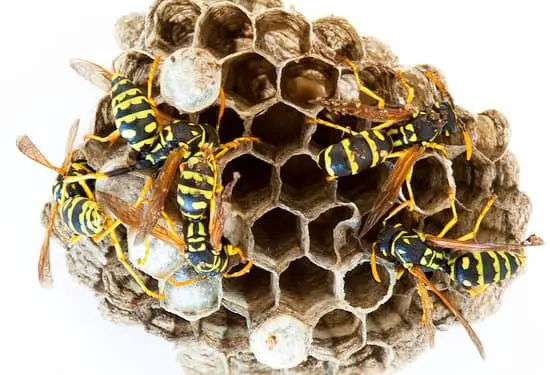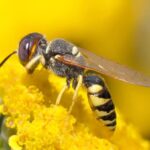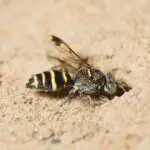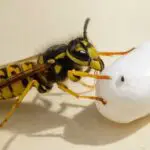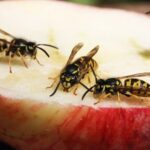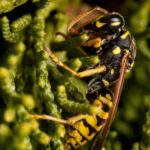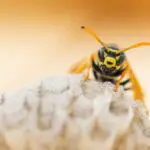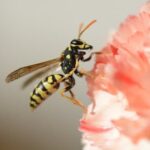Wasps – Why Are They Important?
Despite the fact that they are often regarded as the villain of the insect world, wasps play an important role in our ecosystem. They are important as population control agents and as pollinators. Moreover, they are a source of ecological resilience.
Wasps are a group of insect predators and parasitoids. They prey on a wide range of insects, including spiders, caterpillars, and flies. They hunt to gather protein for their nests and to feed their growing offspring. Wasps also feed on rotting fruit and animal carcasses.
Wasps’ venom contains a compound called mastoparan. This compound has cancer-cell killing properties, but it has limited practical application. However, the venom has shown promise in developing new medicines.
Wasps also play an important role in biological control programs. They provide substantial economic benefits by controlling pests. The British government is currently funding research into the role of wasps in biological control programs.
Wasps are important in controlling pests because they can keep up with pest populations. As a result, they are able to control pest populations more efficiently than other predators. Moreover, they have the ability to reduce the amount of waste in their ecosystems. They are also important in nutrient cycling.
There are roughly 33,000 species of stinging wasps in the world. In addition, these species have a variety of life stages and behaviors. Some species are carnivorous, while others are parasitic. In addition, the venom of these wasps has cancer-cell killing properties.
